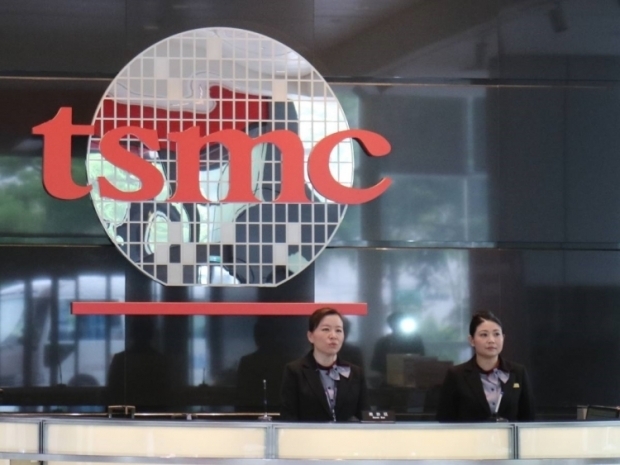The plant, which will be TSMC's third outside of traditional manufacturing bases in Taiwan and China, is central to Berlin's ambition to foster the domestic semiconductor industry. The Germans need the chips for its car industry to remain globally competitive.
Germany, which has been courting the world's largest contract chipmaker since 2021, will contribute up to five billion euros to the factory in Dresden, capital of the eastern state of Saxony, German officials said.
German Chancellor Olaf Scholz said that Germany was probably becoming the major location for semiconductor production in Europe, notably after Intel announced a 30 billion euro plan to build two chip-making plants in the country.
"That is important for the resilience of production structures around the world, but it is also important for the future viability of our European continent, and it is of course particularly important for the future viability of Germany," Scholz said.
TSMC said it would invest up to 3.499 billion euros into a subsidiary, European Semiconductor Manufacturing Company, of which it will own 70 per cent. Germany's Bosch and Infineon and the Netherlands' NXP will each own 10 per cent of the plant, making up to 40,000 wafers a month for cars and industrial and home products when it opens in 2017. The factory will cost around 10 billion euros.

